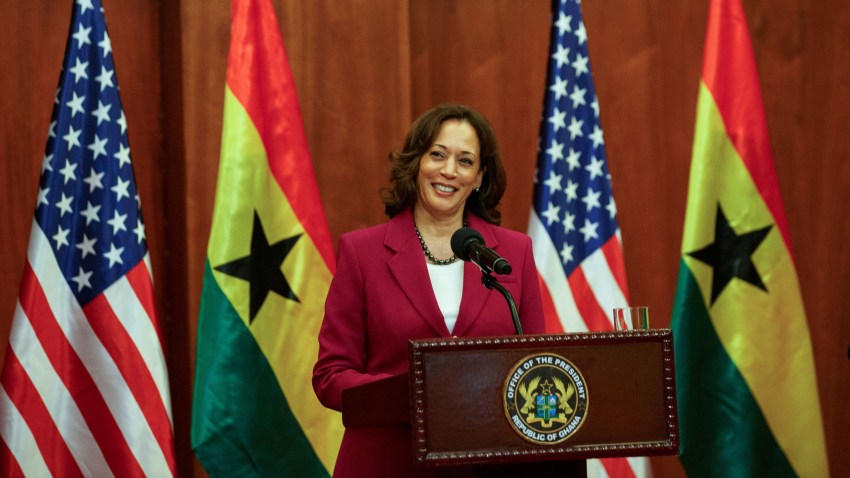U.S. Vice President Kamala Harris is on a nine-day tour of Africa that began with a visit to Ghana, included a stop in Tanzania and will conclude with a trip to Zambia. She is the most senior U.S. official to visit the continent this year as part of Washington’s effort to improve relations with African countries. Her visit follows trips made by Treasury Secretary Janet Yellen; Linda Thomas-Greenfield, the U.S. ambassador to the United Nations; first lady Jill Biden; and Secretary of State Antony Blinken. A statement released by the White House ahead of Harris’ trip said that it will build on the U.S.-Africa Leaders Summit hosted last year by U.S. President Joe Biden, framing her travels as an opportunity to “strengthen the United States’ partnerships throughout Africa and advance our shared efforts on security and economic prosperity.”
In contrast to other U.S. officials who recently visited African countries, Harris has strenuously avoided making direct or oblique references to Washington’s rivals and has mostly stuck to the Biden administration’s talking points from last year’s summit. But the growing competition for influence in Africa between the U.S. and China nonetheless loomed large during Harris’ tour. All three countries on her itinerary—Ghana, Tanzania and Zambia—stand out, if to varying degrees of success, as emblems of China’s vast footprint across Africa as well as the goodwill it has earned among the continent’s people. Of course, many Africans also hold favorable views of the United States and welcome the opportunity to cultivate tangible relations with it. But far from demonstrating a path to doing so, Harris’ travels underscored the uphill task Washington faces if it genuinely desires to compete against China and other powers to be viewed as a trusted partner on the continent.
Harris’ travels were noted by some observers for their personal significance. She is the first Black vice president of the United States and the most senior official in the Biden administration of African descent. In that vein, her tour of Africa—the first in her capacity as vice president—began in Ghana, where officials there have embraced efforts they say will strengthen ties with the African diaspora. Harris met with senior Ghanaian officials including President Nana Akufo-Addo, with whom she held a joint press conference after their meeting. During those remarks, Harris announced that the U.S. would donate $100 million to five coastal West African countries to support conflict prevention and stabilization efforts there.

